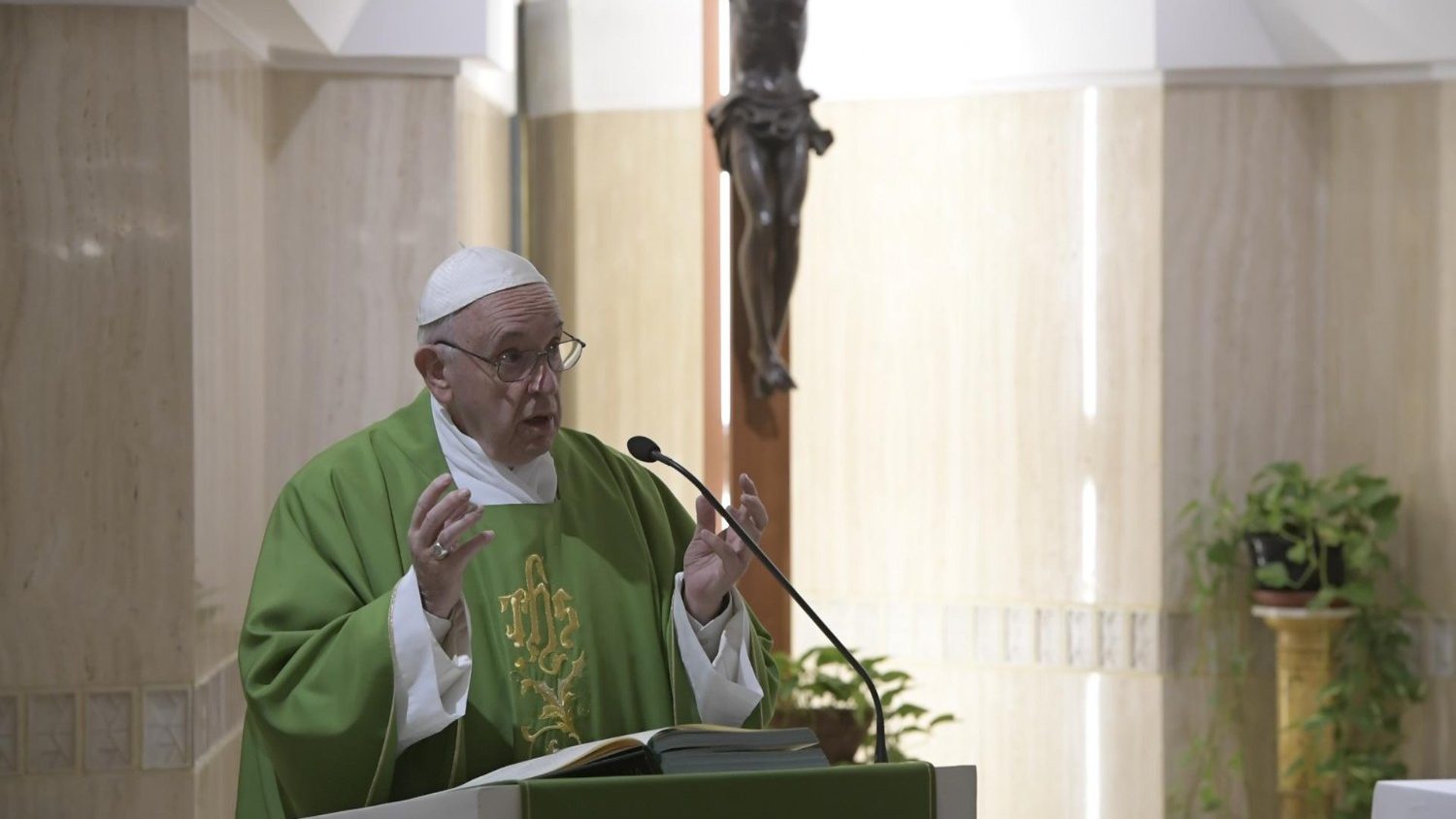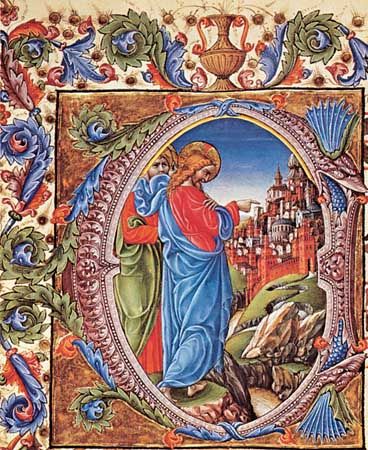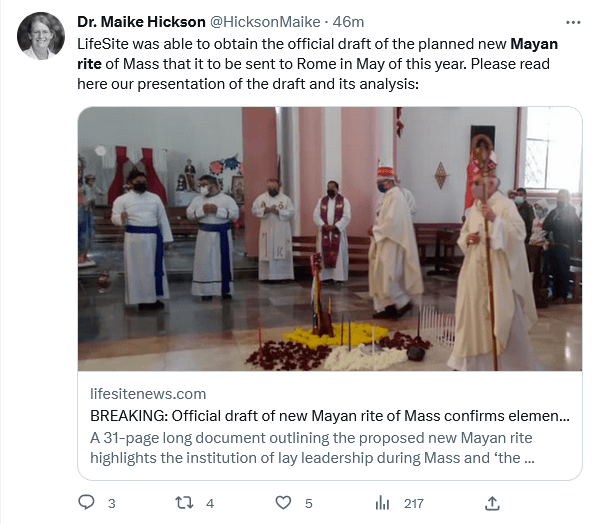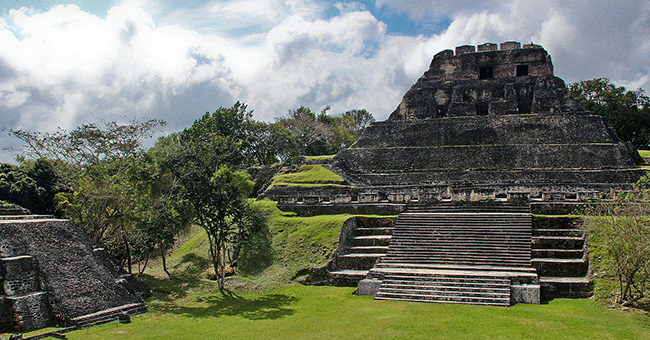There's a line from The Princess Bride that applies amply here: "You keep using that word. I do not think it means what you think it means."
"Pagan" has become infamously popular in Catholic reactionary circles, especially after the massive "Pachamama" misunderstanding (which still fills me with both sadness & wry amusement). I know Paganism; I study it, both the living forms and the long extinct variants. Indeed, knowing about it forms an important part of my historical research into the ancient world or in non-Western cultures. To characterize this as "pagan" is rather absurd; and especially when we consider how the Church has generally dealt with actual Pagan societies.
Of course, if you start from a premise of seeing heresy everywhere, rejecting authentic Magisterial documents or newer liturgical books, and insisting on an unbending Neo-Thomistic theological paradigm on just about everything....well, this isn't a surprising reaction.
Indeed, I wonder what the Youtuber thinks would be appropriate for these people from his perspective. Enforcing & insisting on using the 1962 (or 1955?) Missal and Office on these still heavily indigenous people? Going around and destroying artwork, cultural items, or banning local traditions for being "pagan" (whatever that may mean...)? The absurdity of it is reminiscent of previous ages in the Church when overzealous churchmen literally destroyed precious documents, artifacts, and other valuable things because of "Paganism!" We still have difficulty translating Mayan hieroglyphs because of one very ignorant, imprudent Franciscan...
Let's cut through the sheer rubbish here, shall we?
The primary problem with Paganism from a Christian perspective is two-fold. The first and most obvious is idolatry. What is idolatry? The Catechism defines it well:
The second problem with Paganism is often the worldview that is created by idolatry and demonic influence. Many Pagan societies, past and present, have had serious problems with immorality, violence, and vice due to to these influences. As St. Augustine quipped of Roman paganism: if Jupiter can marry his sister (Juno), why can't a mortal man?
Thus, the Church's general response when encountering Pagan societies is to first deal with these problems. Ending polytheistic belief & idolatry, and also working to develop a moral life rooted in the Truth. Different pagan societies require different pastoral approaches in this effort. In the case of Amazonia, most the tribes are primitive (by modern civilized standards). Their ancestral religions aren't anything on par, generally, with the developed theologies of polytheism among, say ancient Romans or modern Hindus. Moreover, pagans are the easiest to convert comparative to other unbelievers. So it doesn't take much to begin the process of evangelizing Amazonian tribes, although there can be difficulties with less settled ones that are semi-nomadic.
One thing that the Church has learned the hard way in approaching extremely non-Western peoples with the Gospel is to absolutely NOT insist that they adopt Western culture and/or the Roman Rite simpliciter. This was the great mistake of the Chinese Rites Controversy, the Indian Schism, the failure of widespread adoption the Union of Brest, the Schism of American Ruthenians which created the OCA, and on and on. In fact, we seem to repeat it so much it's almost insane.
And part of what drives this insanity is the inability to distinguish between idolatry & immorality (true Paganism) and cultural differences. Take China for example: It was long thought that veneration of Confucius or the keeping of tablets of the ancestors or Confucian "temples" were pagan and could not be tolerated by Chinese Catholics. Yet, this was a grave error which, when the Qīng Kāngxī Emperor became aware of the Pope condemning basically all of it as "pagan," the Emperor rightly wrote:
Tragically, the Emperor concluded:
Naturally, this also eventually led to persecution under the Yōngzhèng Emperor, and only steadily increased over time. And why? Because of a foolhardy decision. Confucianism is more a philosophy than a religion. To honor Confucius is even less than the dulia we Catholics give to the saints! It is similar with ancestral "worship." Indeed, Confucian "temples" aren't even places of worship as much as they are schools where the Chinese classics are taught. It's really no wonder the Westerners condemning these practices were seen as ignorant...because they were.
It would take Ven. Pius XII, a masterful theologian, many centuries later to clarify this issue. But by then how many Chinese souls had been lost because of the phobia of "paganism!"? How many opportunities to spread the Gospel were thrown away needlessly?
An idol is a specific thing/concept. Idolatry is a specific concept. Paganism is a behavior rooted in these specific concepts. If you cannot demonstrate that any one of these specific things are happening in attempts at genuine Catholic inculturation, then you are engaging in false witness, rash judgement, and calumny. That hardly makes a Catholic "traditional" unless we understand Catholic Tradition as affirming sin...which is blasphemous.
As the (pre-Vatican II) St. Ignatius of Loyola taught: "Every good Christian ought to be more ready to give a favorable interpretation to another's statement than to condemn it. But if he cannot do so, let him ask how the other understands it. and if the latter understands it badly, let the former correct him with love. If that does not suffice, let the Christian try all suitable ways to bring the other to a correct interpretation so that he may be saved."
Seeing indigenous artwork or statues and assuming & claiming loudly that they are being used sinfully or in bad faith is itself sinful (oh the irony...). This even more so when the Ecumenical Pontiff of Rome is included in the presumption of evil!
This ridiculous nonsense and fearmongering must stop. It has no place in the Catholic Church. It's fundamentalist-type behavior that leads to nothing but division in the Church and the loss of souls. It's almost physically sickening how popular this utter rot has become...
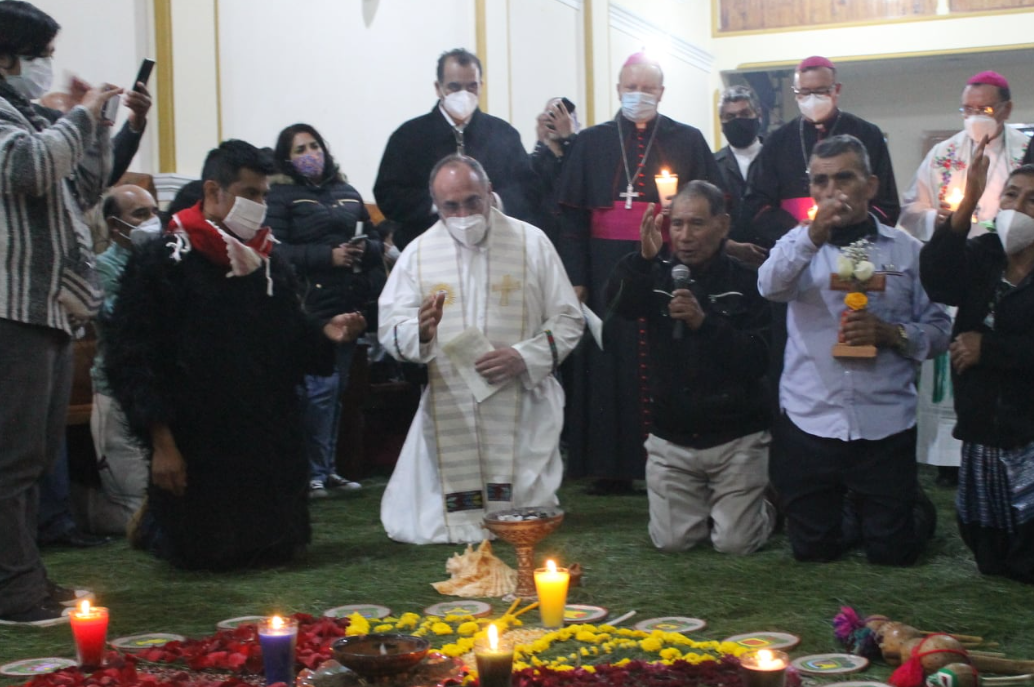
 www.lifesitenews.com
www.lifesitenews.com


